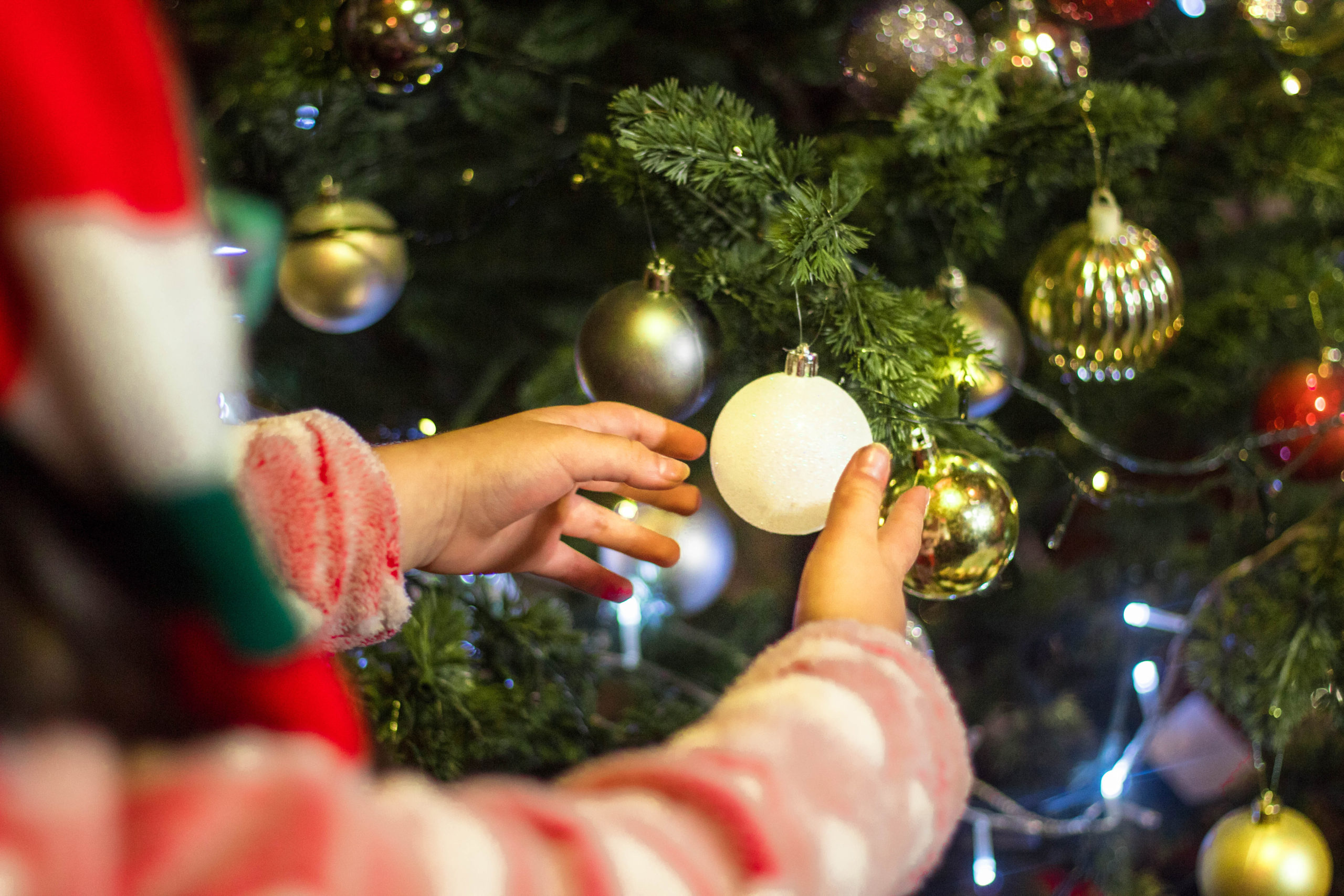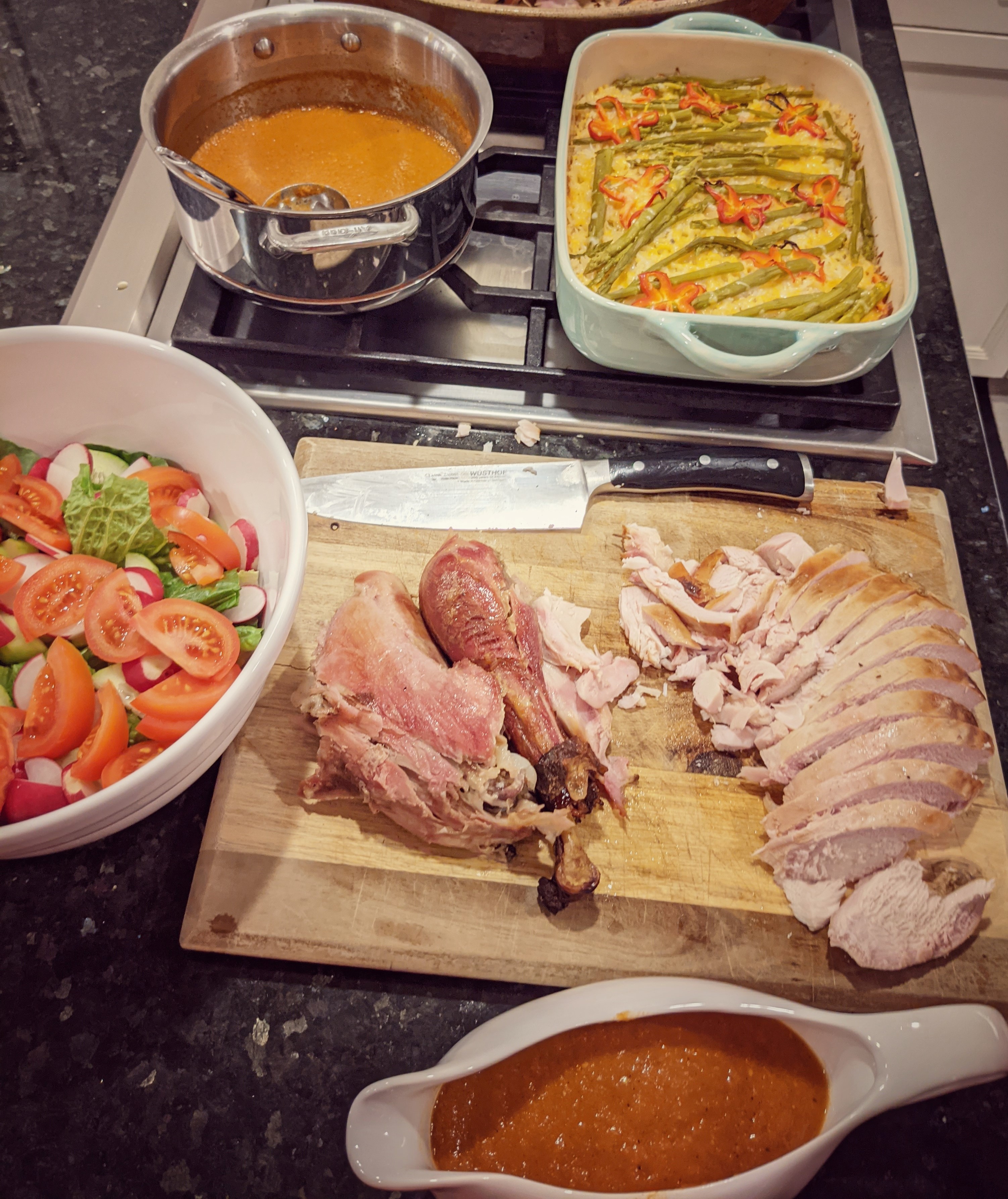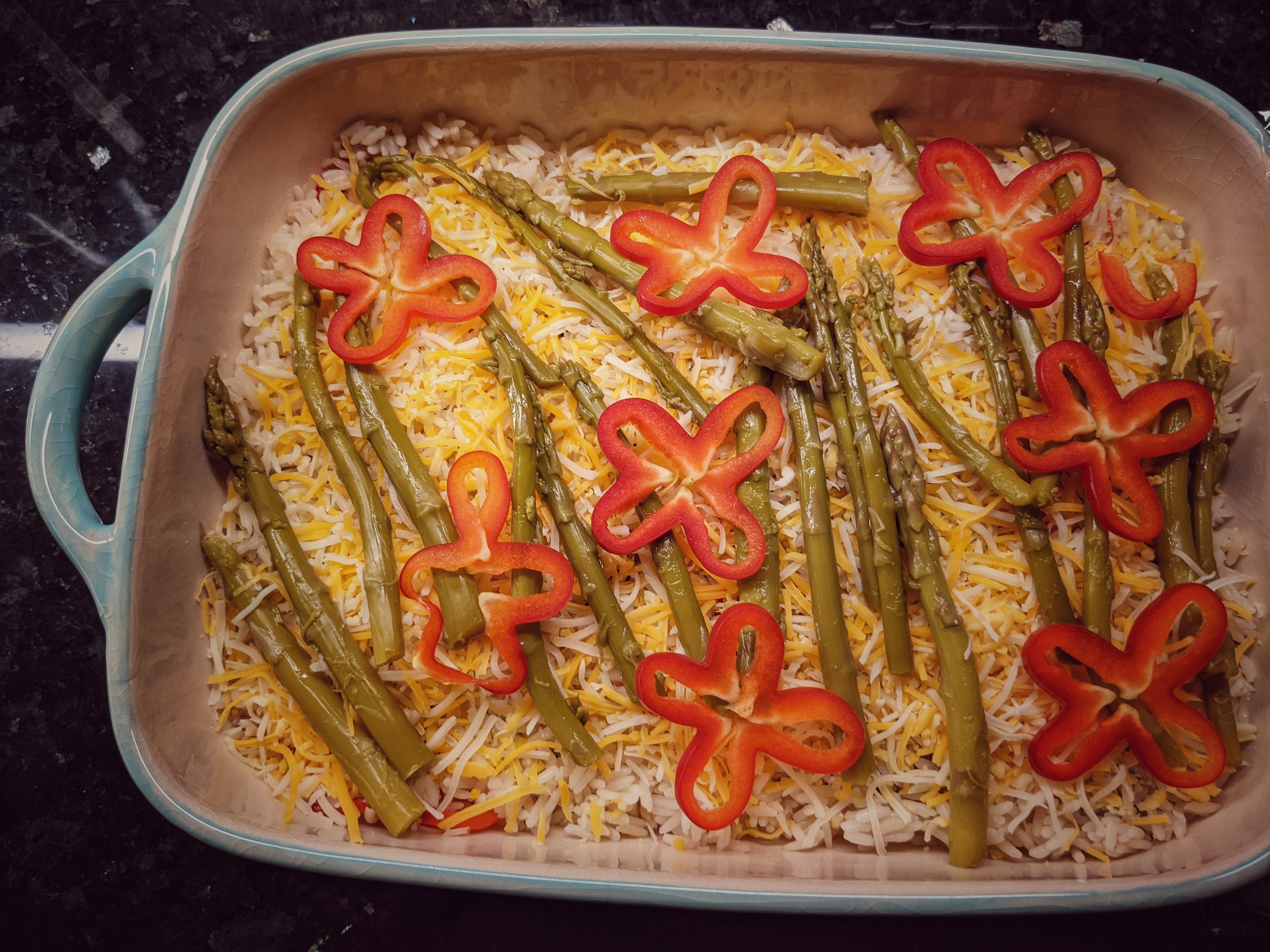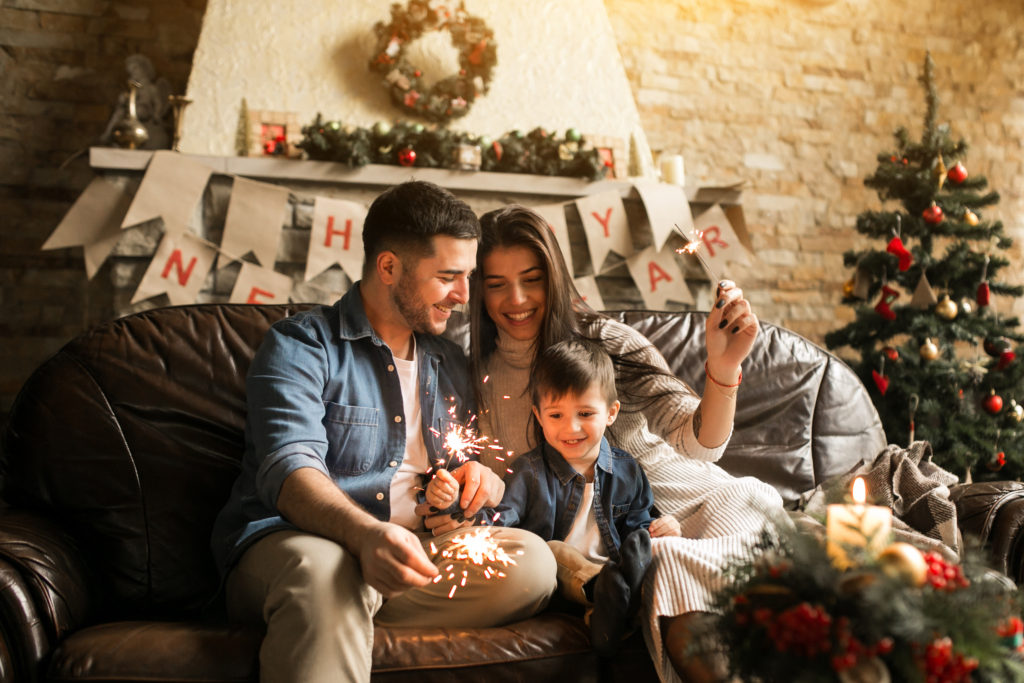The Importance of Keeping Your Culture and Language Alive

Culture equals identity. When a culture disappears, so does its people.
This loss would translate into unmeasurable cultural loss and unintended consequences. Think of the family recipes, the customary songs and dances, the familiar expressions, the holiday traditions—all of these would be lost. When languages die, so do many of the cultural ideas. Language offers the world insights into the nuances of the people who speak it.
As cultural ambassadors, our mission is to promote our cultural traditions and continue their journey. Our goal should be to work avenues for the development of our language in our families: opportunities to experience the language, to learn it, and to use it.
Children would learn the language and adapt to the culture of the country they live in. However, keeping your culture and language alive is our responsibility. These skills and values will reinforce in our children a sense of identity and will help shape their self-esteem. When children learn to embrace the value of their culture and their home languages, is only then, when they would have truly found their identity.
When children can communicate with their grandparents and their extended families who can only speak their home language, family bonds are strengthened. We must discover pathways for young and old to share stories and pass them on to the next generation.
Traditions: Feliz Navidad!

In our house, we celebrate Christmas the Salvadorean way. In El Salvador, it is a magical time of the year and one of the biggest holidays. The weather is fresh and breeze like a spring-like weather, when we can all wear our dusty sweaters and “cold-weather” gear.
This holiday in El Salvador is celebrated by the entire family, attending mass on Christmas Eve and return home to a feast. Turkey, creole sauce, asparagus and cheese rice casserole, tamales, music, and dance. While children wait for the arrival of Santa Claus, they also play with fireworks. The sparkles light up the night. Singing and dancing all night long.

As the clock approaches midnight, the family gathers around the Christmas tree and everyone opens their presents. Christmas in El Salvador is a combination of religious devotion, family time, and holiday cheer for all.
In our family, we take the time to appreciate the traditions that created so many memories that shaped our identities. Whether we spend time with our grandmothers learning about art or family stories, take on the kitchen to cook the traditional foods of our cultures, or learn to play and appreciate the music of our people, we honor the histories and traditions of our past.
Embrace your Cultural Heritage

Let’s embrace our diverse cultures to give voice to the past and present. Let’s celebrate the elders who have kept these vibrant customs alive. Let’s encourage the young generations to continue to learn and to protect these traditions and to make certain that this spirit will live on to the next generations. Through sharing the stories, experiences, memories, and talents of our people. Let’s all commit to aiding in this imperative quest for a rich, cultural identity. An identity that will flourish, creating strong, confident children and future citizens of the world.

